From automotive to machinery, from plastics to chemistry, from ready-to-wear to white goods, industrialists want the additional taxes on imports of raw materials, whose prices have increased exorbitantly in the pandemic, to be suspended for a while. Sector representatives believe that this decision will increase the added value of exports and positively reflect on inflation and current account deficit.
According to the news of Merve Yiğitcan from the world newspaper, Industrialists want the temporary removal of additional taxes on the imports of some raw materials, whose prices are increasing at exorbitant rates during the pandemic and which have serious problems in supply.
The demand in question comes from the sectors where automotive, machinery, ready-made clothing and plastic products are manufactured. Saying that they fell behind in competition with rival countries because the additional tax burden increased export prices, the representatives of the sector believe that the 'short-term break' to be taken for protectionist measures in imports will also be compatible with inflation and current account deficit targets.
Istanbul Chamber of Commerce (ITO) President Şekib Avdagiç said that the problems related to raw materials have increased in the global production sectors recently, and pointed out that the rapidly rising commodity and freight prices and the delivery problems negatively affected the production in the sub-sectors.
"In this respect, we propose to temporarily suspend the additional taxes applied on imports of raw materials," said Avdagiç, noting that this practice has been carried out for some products before. Emphasizing that Turkey's exports in the metal sector increased during the epidemic, but there was an almost 100% increase in raw material prices, Avdagic said, “For this reason, it would be correct to temporarily suspend the additional taxes applied on the import of metal and plastic raw materials. Finally, we find it positive that the Ministry of Commerce has reduced the dumping tax on PVC-S, a plastic raw material. Metal and plastic raw materials are directly related to many sectors we export.
On the other hand, industrialists have not yet fully reflected the increase in raw material costs to prices. This cost may also have a negative effect on inflation. Suspension of taxes on imports of raw materials will be very appropriate for the protection of working capital and the continuation of the momentum we have achieved in production and exports.
Taxes may return to 2018
The Union of Chambers and Commodity Exchanges of Turkey (TOBB) Automotive Supply Industry Assembly President Alper Kanca said that the effect of abnormal cost increases in raw materials and some products and services on the rise of inflation is known, and reminded that the priority of the institutions that affect the economy at the moment is to reduce inflation and interest rates. Noting that all kinds of tools should be included in the agenda for this, Kanca said, “Of course, encouraging imports should not be the goal. We are also sensitive in this regard. However, when it comes to raw material costs, we should remember that some additional raw material customs duties were imposed as a precaution during the currency fluctuation in the last quarter of 2018. Therefore, returning the taxes to the pre-2018 period on raw materials and intermediate products used in production, at least for a while, may be a useful solution.
Prices have skyrocketed in the last 7 months
Yavuz Eroğlu, Chairman of TOBB Plastics, Rubber and Composites Industry Assembly, underlined that the Turkish plastics industry is the second in Europe and the sixth in the world with its production capacity, and stated that raw material supply is very important for the industry. Emphasizing that the Turkish petrochemical industry can produce 15 percent of the raw materials that the industry needs, and the remaining 85 percent has to be imported, Eroğlu noted that raw material prices have skyrocketed, especially in the last 7 months, after the pandemic.
For this reason, Eroğlu argued that it would be appropriate for the state to review its strategy to protect its main industry, and underlined that the annual cost of additional tax, anti-dumping and surveillance practices to the industry is 500 million dollars.
Stating that plastic touches almost all products that enter the inflation basket in some way, Eroğlu said, “Basically, only 20 percent of the cost of water in a plastic bottle is water, while the remaining 80 percent is the cost of the plastic part. Every cost in plastic is reflected on the citizen. The abolition of protectionist taxes will also positively affect the consumer inflation of the citizen. Suspension of additional taxes for a while is very important to reach the inflation target.
Production cannot meet demand
Şeref Fayat, Chairman of TOBB Apparel and Apparel Industry Council, said that the additional tax, anti-dumping and surveillance practices in the import of various raw materials used in apparel cause serious problems in the apparel industry. Noting that Turkey's yarn and fabric exports increased significantly during this period, Şeref Fayat emphasized that the domestic market could not keep up with the demand of the domestic manufacturer when this was the case.
Underlining that it is vital for the apparel industry to meet the demand of the main export markets, Fayat said: “At least, if the additional taxes on imports are removed in this period, we can make ready-made garments more easily and meet the demand of our main markets. We expect the government to make a regulation for this period. Let imports be left alone for a while so that we can access raw materials at the same price as our Chinese and Bangladeshi competitors. Let's be more competitive in price. Let's not complicate the export of ready-made clothing, which is 16 dollars per kilogram, in order to protect yarn exports, which are 4 dollars per kilogram.” Reminding that the taxation is based on the precedent price, Fayat stated that when this is taken into account, the additional taxes increase the costs by 30-40 percent.
Sectors should be consulted
Adil Pelister, Chairman of the Board of Directors of the Istanbul Chemicals and Products Exporters' Association (İKMİB), underlined that the industry is 70 percent foreign-dependent in terms of raw materials, and said that they want the additional customs duties applied to raw materials and intermediate products that do not have sufficient domestic production to be removed.
Noting that the opinion of the industry is also of great importance in new decisions to be brought, Pelister continued: “Due to the lack of domestic production of sufficient and desired variety of packages such as plastic jars, plastic caps, plastic bottles, glass bottles, spray pumps, triggers, the demand is again met by imports and the existing Some of the imports are directed to EU countries with customs duty exemption. In this case, especially our cosmetics and cleaning products manufacturers supply their packages at a slightly more expensive price, and at the same time, the desired customs tax collection on behalf of our country cannot be realized. Therefore, local production should be encouraged and supported instead of import customs duty.”
We start 1-0 behind our competitors in exports
Machinery Exporters' Association (MAİB) Board Member Ali Eren, while claiming that there is an unnecessary protection especially on flat steel, said that Turkey is harmful from this business. Pointing out that the total exports of the automotive, machinery, white goods, shipbuilding, boilers and pipe manufacturing sectors, which use this product extensively, are around 53 billion dollars, Eren said, “The prices of these exports are increasing due to protectionist measures. If the additional taxes here are removed, the costs of these sectors will be reduced by at least 10 percent. The decrease in these costs will also have a positive effect on the current account deficit and inflation.
At the same time, our export potential will increase as our export price will decrease. Because of these protective measures, we are starting 1-0 behind our competitors in exports.” According to the information given by Eren, who noted that the amount of flat steel produced in Turkey does not meet the consumption, the annual production of flat steel between 2015 and 2020 is 9.4 million tons, while the annual average consumption is 11.6 million tons. There is a difference of 2.2 million tons in the domestic market between production and consumption. Eren added that as the machinery sector, it would be beneficial to remove these additional taxes, at least temporarily, during the pandemic period.


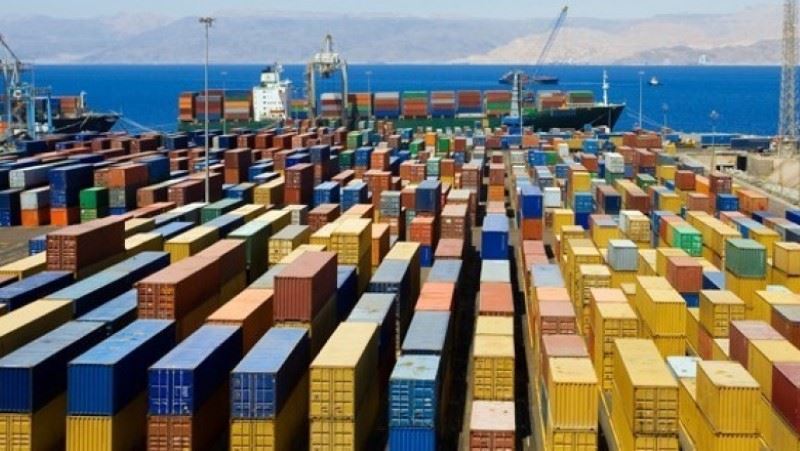

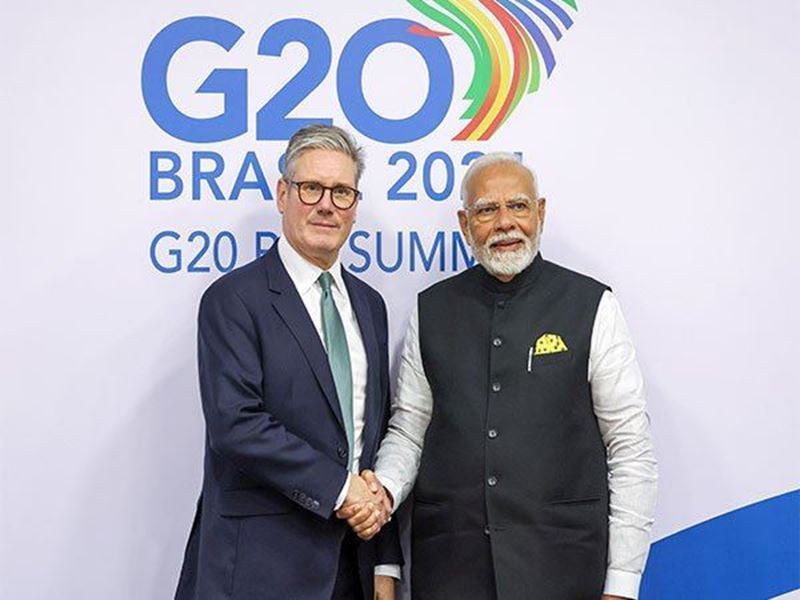
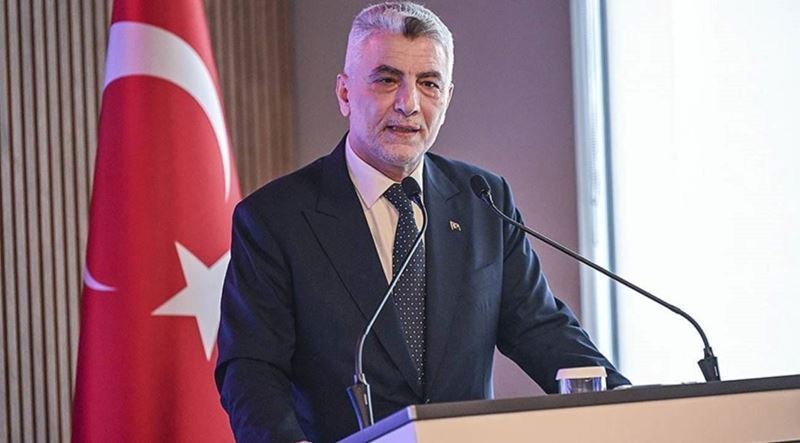
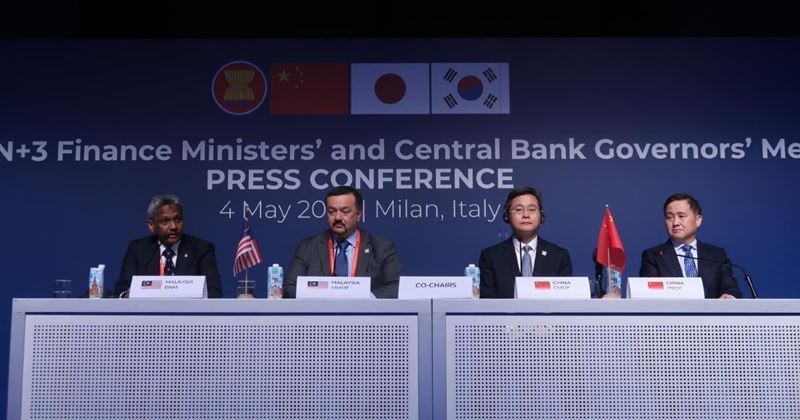
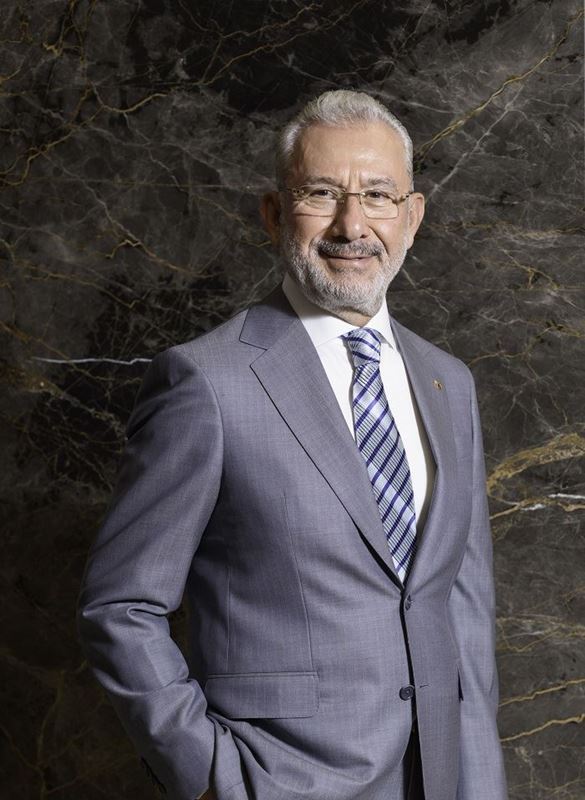
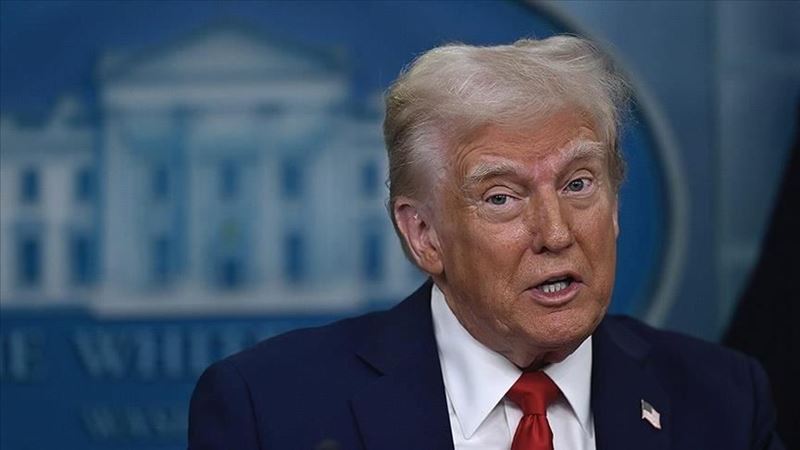


Comments
No comment yet.